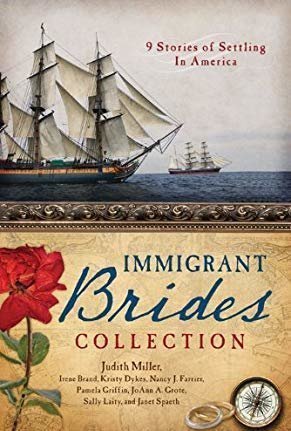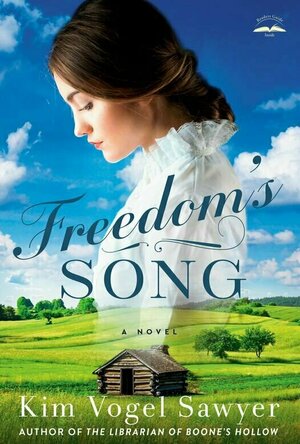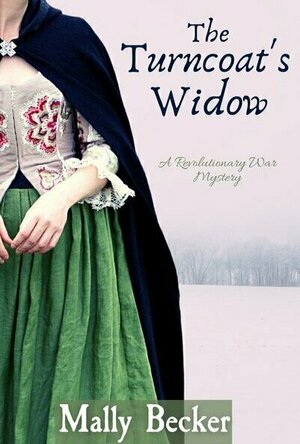
The Turncoat's Widow
Book
Recently widowed, Rebecca Parcell is too busy struggling to maintain her farm in Morristown to care...
Historical Fiction Suspense Mystery
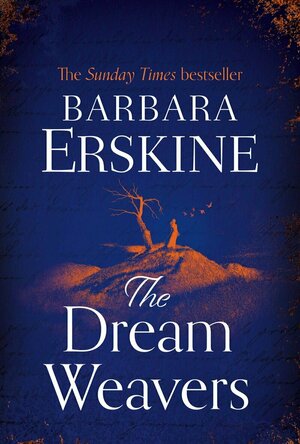
The Dream Weavers
Book
Mercia, 788 AD In the grand Saxon halls of Mercia, King Offa rules with cold ambition. His youngest...
Historical fiction Anglo-Saxons King Offa Offa’s Dyke
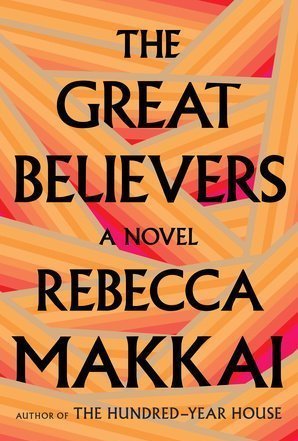
The Great Believers
Book
“A page turner...An absorbing and emotionally riveting story about what it’s like to live during...
Historical Fiction
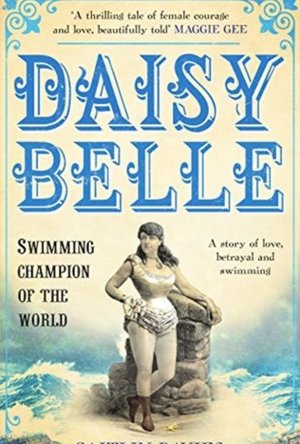
Daisy Belle: Swimming Champion of the World
Book
Summer 1867: four-year-old Daisy Belle is about to make her debut at the Lambeth Baths in London....
Historical Fiction
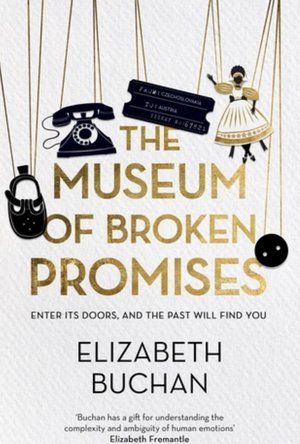
The Museum of Broken Promises
Book
The stunning new novel from bestselling Elizabeth Buchan. The Museum of Broken Promises is a...
Historical Fiction Paris Prague
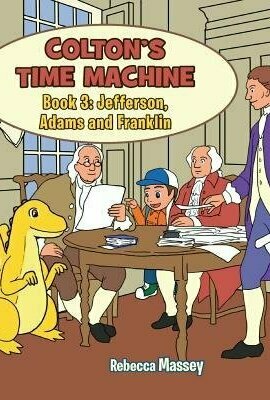
Colton's Time Machine: Jefferson, Adams, Franklin (Book #3)
Book Watch
As Colton was going to sit down, he looked at the map on the wall. "That's it! I'm going to visit...
Children Kids Picture Book Chapter Book Dragons Adventure
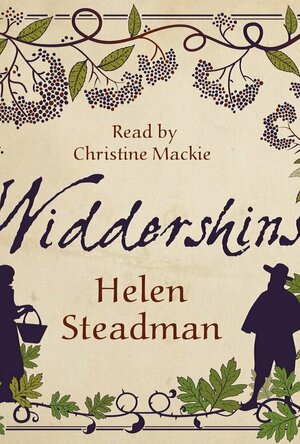
Widdershins (Widdershins #1)
Helen Steadman and Christine Mackie
Book
The new audio book of Widdershins is narrated brilliantly by talented actor, Christine Mackie, from...
Historical Fiction Witches
Lindsay (1793 KP) rated Freedom's Song in Books
Sep 28, 2021
I was wondering if Sloane would catch up to Fanny. This book pulls you through Fanny's journey, and she will get her freedom. In the process, Sloan will find his freedom as well. There are three main characters throughout this book. We get to see their point of view throughout the book; Most of them are Fanny's point of view. We do see Walters and Sloane's point of view throughout the book as well.
This book talks about slaves. What will happen when Fanny meets Enoch and his family? Will she help them to freedom, and she gets help with being hidden with them. What will Fanny do? Will Sloane learn about keeping his word and about God?
Will Sloan find his riverboat singer? Does he seem to think he is on a goose chase trying to find a singer that seems to sing her way to freedom? The plot thickens, and there will be freedom for Fanny. Will she get what she has been looking for in life. Fanny agreed to help care and watch over Walter's little girl Annlesse. What will happen when Walter's new wife comes?
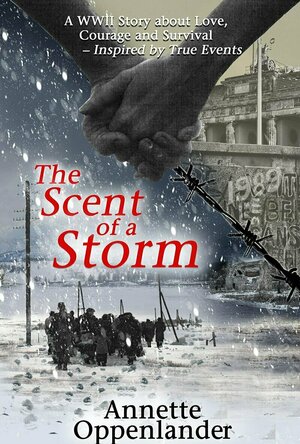
The Scent of a Storm
Book
A heart-wrenching love story for the ages – inspired by true events Eastern Prussia, 1944:...
Historical Fiction WWII
